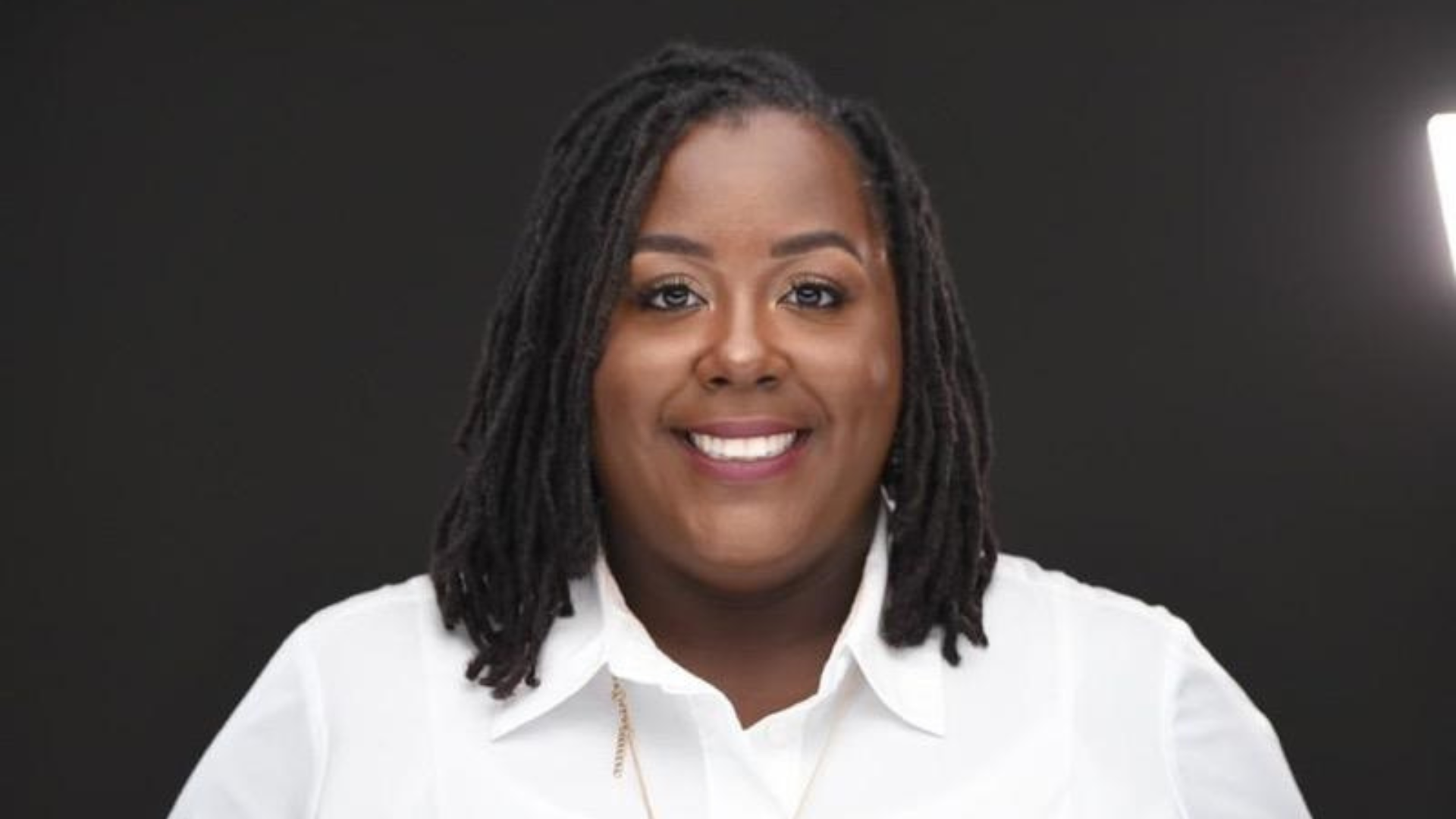 Shukriyyah Mitchell Hinton, Senior Director of Outreach and Advocacy here at NNCC, has been a public health nurse for 14 years. Throughout her nursing career, she has been an advocate for improved outcomes related to Black maternal mortality and morbidity. She is a founding member of the Maternal Wellness Village and sits on the Maternal Mortality Review Committee for the City of Philadelphia.
Shukriyyah Mitchell Hinton, Senior Director of Outreach and Advocacy here at NNCC, has been a public health nurse for 14 years. Throughout her nursing career, she has been an advocate for improved outcomes related to Black maternal mortality and morbidity. She is a founding member of the Maternal Wellness Village and sits on the Maternal Mortality Review Committee for the City of Philadelphia.
Shukriyyah wrote a testimony for the Committee of Public Health and Human Services for a resolution to look at solutions related to Black maternal mortality and morbidity. This week, April 11-17, is Black Maternal Health Week. This week seeks to address the causes of Black mortality and morbidity and amplify wellness for Black birthing people. Please spend some time reading through Shukriyyah's testimony, and subsequent recommendations on how to positively impact outcomes for birthing people.
Councilmember Dr. Nina Ahmad and colleagues,
Thank you for the opportunity to submit testimony on behalf of Black birthing people in the city of Philadelphia and throughout the United States. My name is Shukriyyah Mitchell Hinton, BSN, RN. I am a Public Health Nurse and Senior Director of Outreach and Advocacy with the National Nurse-Led Care Consortium (NNCC). In my role, I serve as a Nursing Supervisor for the Philadelphia Nurse-Family Partnership (Phila. NFP). Phila. NFP is a home visiting program of NNCC where specially trained Public Health Nurses support first-time birthing people and their families from pregnancy until their child turns two.
Having been with Phila. NFP for nearly 14 years, I have had the honor of supporting hundreds of first-time birthing people and their families. Intersecting with my identity as a Public Health Nurse is my identity as a Black mother of three children. Together, these identities have shaped my experiences and drawn me to the important work of advocating for Black birthing people. In 2009, I was a 27-year-old nursing student at the University of Pennsylvania who also happened to be pregnant with my first child. During my third trimester, I was diagnosed with preeclampsia. It was during this time that I learned of the startling statistics surrounding Black birthing people and their infants. I learned that my socio-economic status or my many years of education could not save me from the distressing maternal mortality and morbidity rates in the United States. I was terrified when I was induced at 37 weeks gestation. I remember feeling completely helpless and feeling like my life and the life of my unborn child was in someone else's hands. I was even more terrified when I was readmitted five days postpartum for an infection. I didn't have the knowledge that I have now, but I had the know-how to advocate for myself and seek answers to all the questions I had. This is not the case for all birthing people.
I am submitting written testimony today, because I know how vitally important addressing this issue is to the survival of Black families. I have seen firsthand what the celebration of a healthy birth can look like but also have seen the devastation that the loss of a birthing person causes. The death of a birthing person tears through families and forces a child to navigate the world without the joy of knowing their birthing parent. It robs a birthing person of experiencing the pleasure of parenthood. Birth should be a healthy part of life; birth should never cost a person their life. However, it is the reality for Black birthing people in the United States at far higher rates than their White counterparts. I do not think this is a problem without solutions. I am confident that together we can overcome the abysmal mortality and morbidity rates of Black birthing people.
I would like to propose three recommendations that have been shown to positively impact outcomes for birthing people:
- Increasing training for obstetrical and primary care providers on the benefits of evidenced-based community models such as the Nurse-Family Partnership (NFP) would increase access to these programs for birthing people. Evidenced-based community interventions have a long history of improving birthing outcomes for pregnant people and their families. For example, the Nurse-Family Partnership is backed by over forty-five years of research showing substantial health improvements for birthing people. Programs such as NFP support birthing people to advocate for themselves within a healthcare system that does not always hear the voices of Black birthing people.
- Access to doula services for all birthing people should be considered standard. Doula services should be fully covered by payors, optimized by providers, and accessible to all patients. Evidence has shown when a pregnant person is matched with a doula, they are more likely to have better birth outcomes.
- Implicit bias training should become a continuous required training for all licensed healthcare providers. We must directly address racism in healthcare. I believe anti-racist initiatives such as implicit bias training will help to eliminate the racial disparities that are present.
Thank you again for the opportunity to testify on this important topic. I look forward to seeing the work that comes out of the Committee on Public Health and Human Services related to Black maternal mortality and morbidity.
Sincerely,
Shukriyyah Mitchell Hinton, BSN, RN
Senior Director, Outreach and Advocacy
LATEST NEWS
10 February 2026
Time flies! In the summer of 2016, we launched our first-ever Community Action Day (CAD) to bring the fa...
23 October 2023
In February 2021, the National Nurse-Led Care Consortium (NNCC) partnered with this Centers for Disease...
STAY CONNECTED TO NURSE-LED CARE

